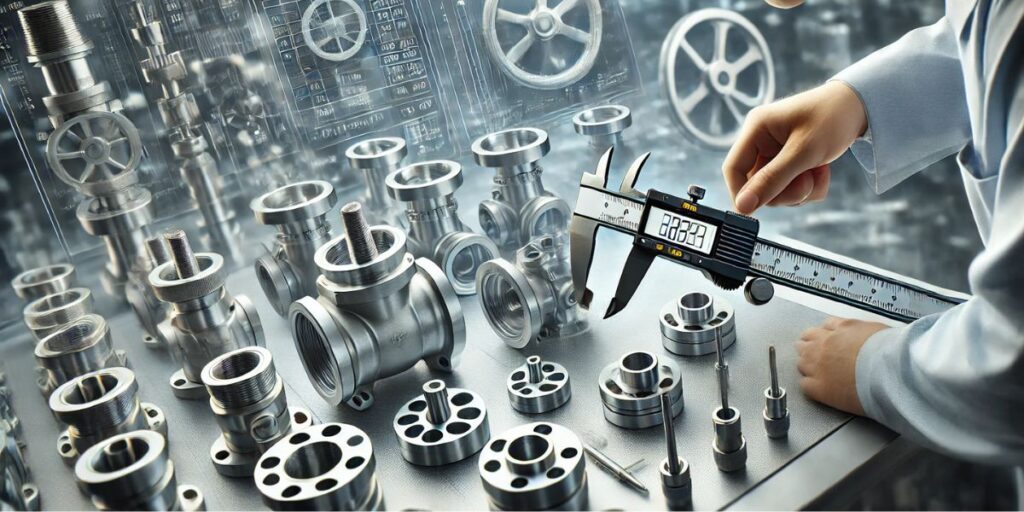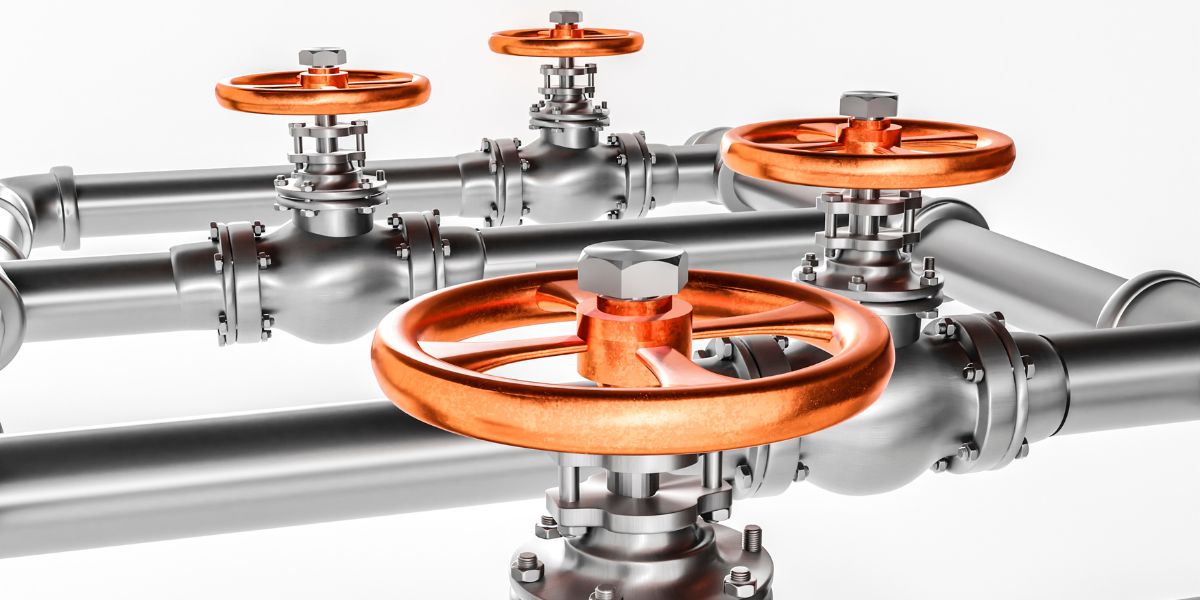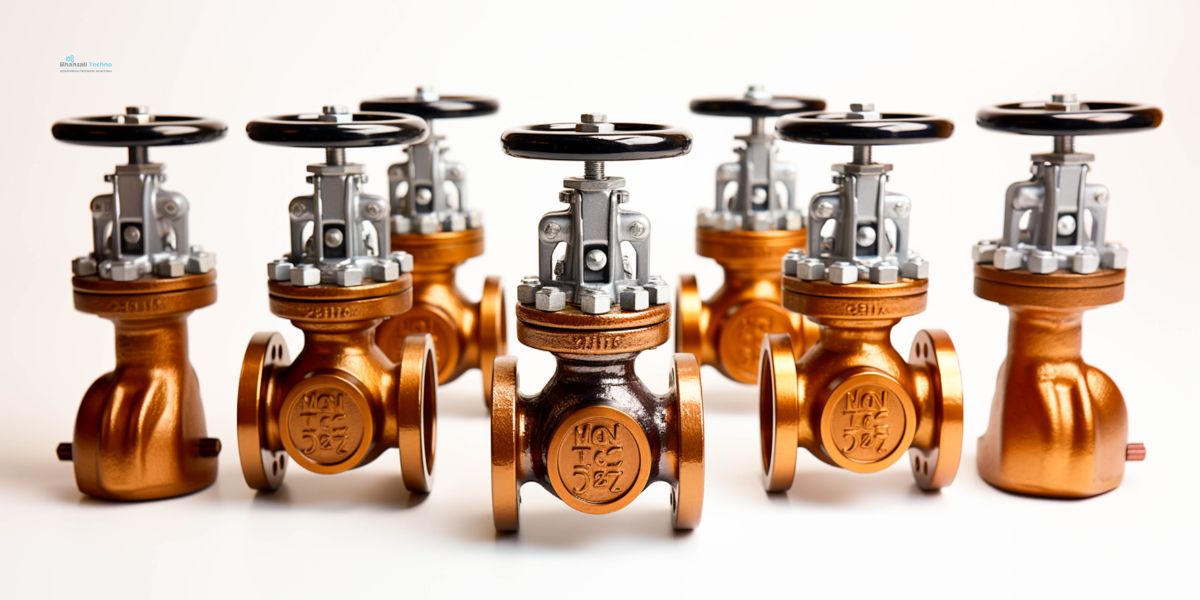Quality Control In Valve Component Manufacturing
Quality control and quality inspection are an integral part of any manufacturing process, helping ensure that product quality is maintained throughout. Similarly, the importance of quality control in valve component manufacturing is inevitable.
Quality control involves various procedures to test and monitor product quality for changes. It also involves improving the product quality to meet the standards and is a vital step in producing different valves.
Valves are supplied by the top valve component manufacturers, who ensure quality control, perform reliably, and are safe to use. Using a quality-assured valve can prevent malfunctions that can negatively affect the machine.
A quality-controlled valve benefits end users, including improved performance and cost-effective processes. Below are the different pros of quality control in valve component manufacturing.
The Importance Of Quality Control In Valves
Valve components manufacturers deal with different types of valves and valve components and also provide custom sizes according to your needs. However, one aspect that remains constant throughout the different productions is quality control.
There are various testing procedures that the manufacturer may use to ensure the quality of the valve. These are vital as they help provide the following benefits to the valve and the manufacturing process:
1. Safety And Reliability
By performing quality assurance for industrial valves, manufacturers can ensure the product’s reliability, giving a green signal for its use in machinery. This helps prevent accidents or machine breakdowns caused by faulty parts.
Moreover, by providing a high-quality product tested for its intended use and function, manufacturers also help ensure the safety of the machines and workers. On the other hand, a non-tested valve may lead to faults in the machine, which can create a ripple effect, often leading to complete breakdowns and compromised safety on the premises.
2. Longevity And Performance
Quality control procedures also help improve the longevity and performance of the valve components. These procedures help ensure that every valve meets the industry standards and is free from defects.
This, in turn, helps ensure that the valves will function properly over long periods, therefore helping minimise the need for replacements and repairs. Through quality control, you can also test the valves in different environments under controlled settings.
This can help identify the ideal use for different valves, whether in liquid, chemical, or gas environments. Moreover, since quality control helps enhance the quality of products, the produced valve components are less prone to wear and tear, which adds to their reliability and performance under extreme conditions and helps improve the overall operational efficiency of the machine.
3. Maintaining Consistency
With set quality testing, control, and assurance procedures, manufacturers can ensure that the valve components are uniform in size, strength, and function. If the manufacturer employs quality control in every step, from the procurement of raw materials to packaging the finished product, they can ensure that any substandard or defective piece is removed.
This helps them maintain consistent product quality across all their batches. By scrapping the substandard valve components, the manufacturer can also prevent any question on the brand reputation.
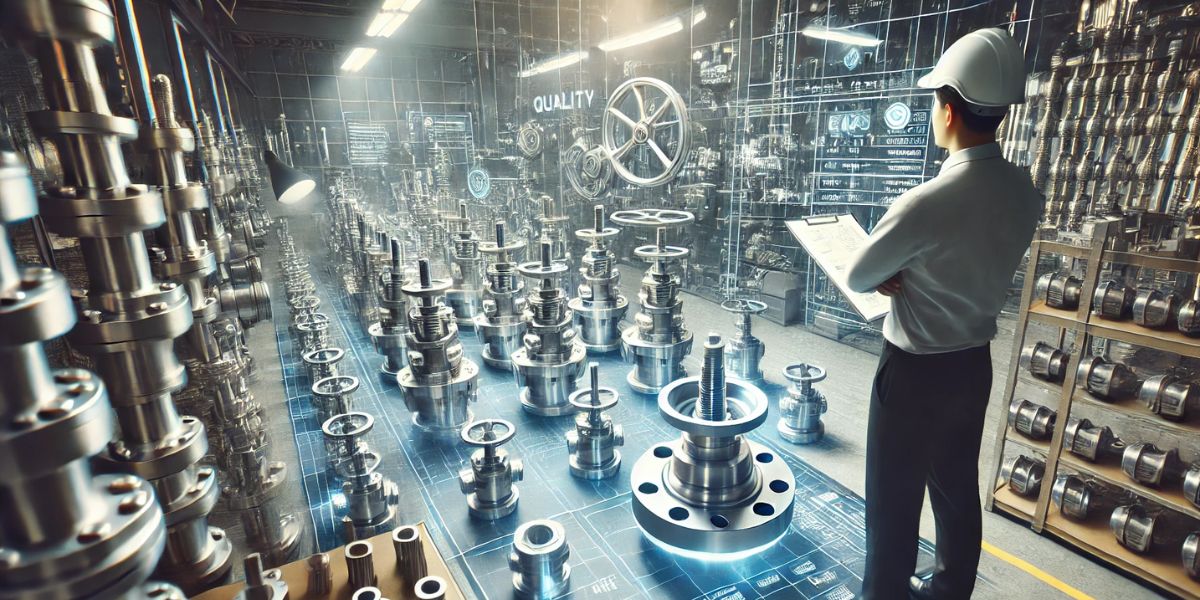
4. Customer Satisfaction
Quality control procedures also help ensure the customer’s needs and expectations are met correctly. This improves customer satisfaction, which, in turn, enhances the manufacturer’s brand image.
Moreover, a high-quality product that offers reliability and long-term use will be well-appreciated by the consumer, making them a repeat customer. Quality control also prevents returns, complaints, and malfunctions.
A high-quality valve will also help improve the customer’s operational efficiency, reduce downtime, and prevent costly repairs, providing a long-term partnership with clients.
5. Cost Effective
As mentioned above, quality control and assurance procedures help identify defects or faults in the manufacturing process early on when applied at every step.
By rectifying any mistakes in the early steps, manufacturers can easily save costs that would otherwise increase if the defects are identified or found after the complete manufacturing.
In addition, the quality analysis can help identify bases for cost-effectiveness in the manufacturing process without compromising the quality of the end product.
Producing high-quality products with quality control procedures also helps improve the product’s longevity, making it more cost-effective for the end user. This also helps prevent expensive repairs, downtime, and replacements.
6. Reduce Environmental Impact
Manufacturers can also reduce their environmental impact by using effective quality control measures during the production of valve components.
This includes avoiding harmful spills, emissions, and resource waste associated with using low-quality or defective valves in any industry.
By using quality-controlled valves, these accidents and wastages can easily be avoided. In addition to preventing wastage or failure, high-quality valves less prone to wear and tear help provide better energy efficiency, contributing to lower carbon footprints.
Therefore, valve quality control is essential for a sustainable approach to manufacturing and for promoting responsible manufacturing practices.
7. Compliance With Industry Standards
Since valve and valve components form an essential part of different machinery, valve component manufacturers must meet various industry standards and regulations.
This includes quality control procedures that help ensure the safety of the valve and its use. Therefore, quality control is also vital for the manufacturer’s compliance with regulations and standards, helping ensure a smooth and uninterrupted manufacturing process.
Conclusion
Quality control and assurance in any valve manufacturing company involves inspecting the raw material used in valves and carefully monitoring the manufacturing process.
This helps ensure the quality of the valves at various stages of production. In addition, the valves are tested and inspected at the finishing stages to ensure they meet the required standards.
This includes visual and dimensional inspections in addition to different tests. Once the batch passes all the quality control tests, the records and documentation are updated, which buyers use to ensure product quality.
As one of the top precision components manufacturers in India, Bhansali Techno Components integrates different quality control procedures at all these steps, providing complete quality assurance for different valve types.
